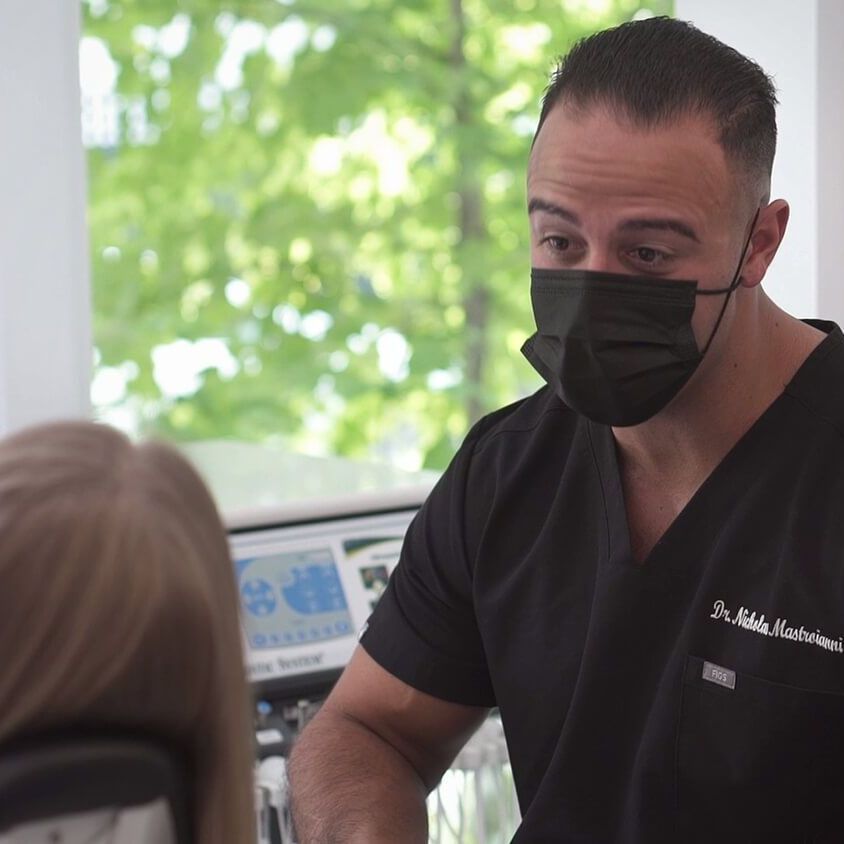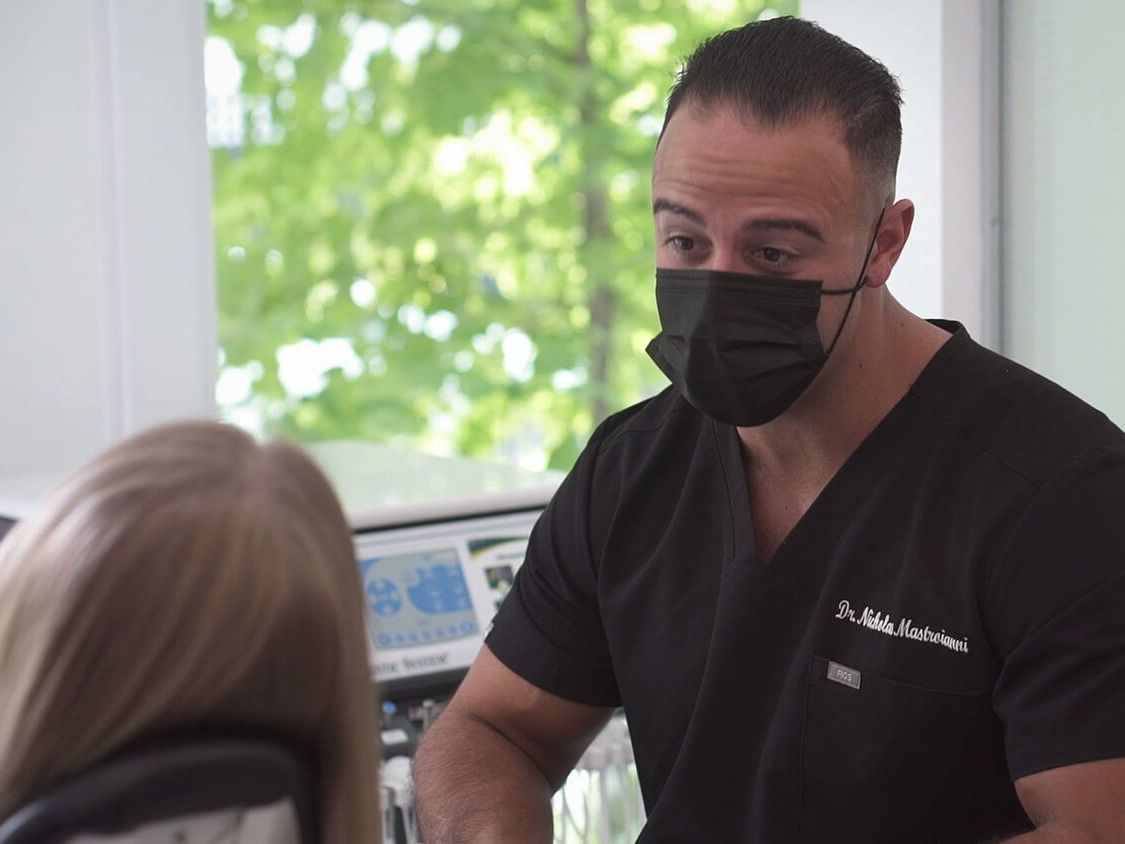pulpectomy & apicoectomy
The ONE ENDO® team can provide the endodontic treatments you need, including both non-surgical and surgical root canal therapies.
Get a Consultation With a ONE ENDO® Specialist
Contact Us
pulpectomy & apicoectomy treatment
providing non-surgical root canal services
A standard, non-surgical root canal is known as a “pulpectomy.” In this treatment, your tooth will be treated and cleaned to remove the damaged and decayed pulp, but no surgery is required to eliminate the infection.
A surgical root canal, on the other hand, involves a pulpectomy as well as an “apicoectomy,” which is a surgical procedure used to remove the tips of your tooth’s root, and eliminate any remaining infection from your mouth.
What Can I Expect From A Surgical Root Canal?
If you're scheduled to have root canal therapy at ONE ENDO, you can expect the following during your treatment:
WHAT IS AN APICOECTOMY?
An apicoectomy is meant as a “last resort” treatment for infected teeth that can’t be treated with root canal therapy alone. In most cases, a surgical root canal with an apicoectomy won’t be recommended as your first treatment at ONE ENDO®.
Instead, a standard, non-surgical root canal will be done by one of our doctors. In the vast majority of cases, this is all that is required to eliminate a tooth infection and restore your oral health. A surgical root canal will only be needed if this initial endodontic treatment fails to completely remove the source of the infection.
An apicoectomy involves surgically removing the tips of your tooth root, and replacing them with an inert, stable material. This is done using advanced dental tools, and will eliminate any bacteria remaining in the roots of your teeth.
DOES IT TAKE LONGER TO RECOVER FROM A SURGICAL ROOT CANAL?
Yes. Because an apicoectomy involves an incision into your gum tissue, unlike a non-surgical root canal (pulpectomy), it will take longer to heal and recover from a surgical root canal. In contrast to a non-surgical root canal, which usually requires only a day or two to heal, it may take up to a few weeks for you to heal from an apicoectomy.
What Kind Of Aftercare Should I Pursue After My Surgery?
Your dentist at ONE ENDO® will provide you with a comprehensive set of recovery instructions. You’ll want to avoid directly brushing the surgical site for a few days, limit exercise and heavy exertion, and use medications and ice packs to help with discomfort after surgery. Follow your dentist’s instructions closely to make sure you heal and recover properly after your pulpectomy and apicoectomy.
LEARN MORE ABOUT ENDODONTIC TREATMENT TODAY
Do you suspect you need a root canal? If you're looking for endodontic services, we encourage you to schedule a consultation with the team at ONE ENDO®. We're looking forward to helping you restore the health and beauty of your smile!
For more information About pulpectomy or apicoectomy treatment, or to request a consultation, call one of our Three locations Or Contact Us ONline.
Related Services
WHY choose ONE ENDO®
Patients opt for the ONE ENDO® Experience because we are able to offer:

Licensed & Trained Endodontists

Cutting-Edge Dental Technology

Patient-Centric Service

Emergency & Same-Day Care

Financing Options Available

We Accept PPO Insurance

Three Convenient Locations

Friendly & Supportive Staff
read our reviews
I am a total scaredy-cat when it comes to dentists. All my concerns and worries were taken care of by Dr. Chen. She was awesome. Her bedside manner was just the best and really made me feel at ease. Her workmanship was impeccable and I am 24 hrs past my root canal- pain free. Just can’t say enough about Dr. Chen.
Paul G.
Westchester Shore
Dr. Mastroianni and his team are fantastic! I went to their office in severe pain and they addressed it immediately. The technology they used to find the route of the problem was like anything I have seen before. He was able to quickly find the issue and direct me to resolution. I would recommend 10/10!
Tiffany P.
Norwalk
I was referred to One Endo to detect and treat the source of severe tooth pain. Dr. Mastroianni quickly determined the source of the pain, took the time to explain the problem and the options for treatment, and performed an emergency root canal immediately. I highly recommend One Endo - and in particular Dr. Mastroianni.



